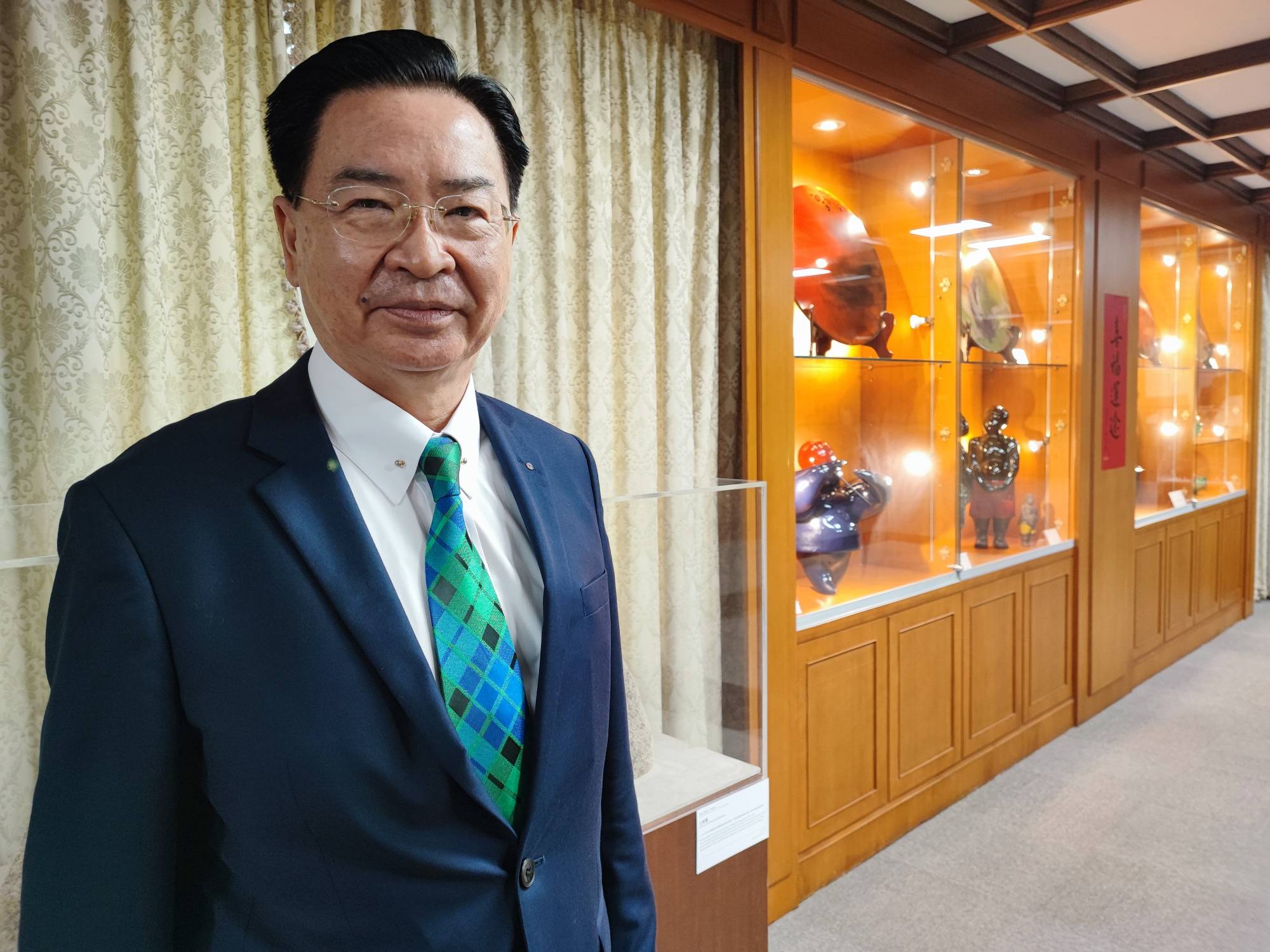Although Taiwan and Japan do not have formal diplomatic ties, the two neighbors seem to have found a way to deepen bilateral political engagement without running afoul of Tokyo’s "One China" policy — much to the chagrin of China.
By upgrading talks between their respective ruling parties, they have already held several foreign affairs and defense-related meetings in the past two years alone. The talks are part of efforts to deepen the relationship in key areas amid Beijing’s growing regional assertiveness and its push to isolate Taipei.
But while Tokyo has traditionally been close to Taipei, this political engagement and exchange model is not just limited to Japan, as Taiwan begins applying it to a host of delegations from around the world that are sending representatives to express support and deepen cooperation with the self-ruled island.


















With your current subscription plan you can comment on stories. However, before writing your first comment, please create a display name in the Profile section of your subscriber account page.